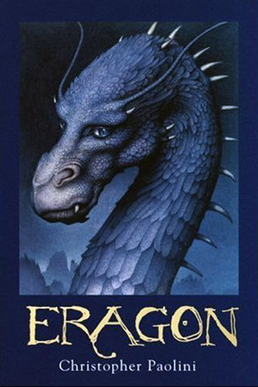In honor of paradox, I’d like to consider another bit of possibly contradictory writing advice:
1. Know what’s going on in the market
2. Write for yourself
| Unlike this paradox, which is OMG |
This is essentially saying that we should simultaneously write for ourselves, and for everyone else. Be completely selfish/be completely selfless. Write with your eyes closed/never close your eyes. Read every published work you can find/find your own voice.
| And people talking about absolutes. Anyone who deals in absolutes is stupid. |
I can kind of make sense of this conundrum when I remember my first exposure to band. My brother was in middle school band, a trombone player. I was a fifth grader, coming with my mother to pick him up after school, and she brought me inside to see the band room and see an experience I might be able to share in, in a few years. After school, the band room was noisy. Students were practicing at random, in small clusters or solo, somehow able to concentrate on their own sheet of music while amongst the tumult bouncing between the sound-cushioned walls.
“How do they do that?” I asked my brother. “How do they hear themselves?”
“They don’t,” he answered. “Well…they do. It’s complicated. While everyone is playing, you have to ignore everyone else and completely concentrate on what you’re doing, otherwise you’ll get distracted and lose your place. But you also have to listen in to be sure you’re matching what the others are playing around you—not too loud, not too fast."
I feel that it's a good illustration of listening--but not too much. If you concentrate too hard on what other people are doing, you'll only succeed in copying them. But if we write in a vacuum, we're sure to produce works that are only appealing to us, that lack an appeal to the other human beings that are sure to make up your audience.
 |
| Unless you have successfully cornered the "reading puppy" market. |
I feel that the "write for yourself" bit of advice most often comes from well-meaning mentors trying to keep their manatees from freaking out too much.
| Reference |
For a beginning writer, trying to figure out "what the industry is doing" can be terrifying. And it makes "the industry" sound like an Orwellian force set on blocking our every move towards a successful publishing career. Thus, "write for yourself" is really a way of saying, "Chill out. Stop spending all your time trying to chart the themes in the current best-sellers list, and just write." For we learn by doing, instead of thinking about learning by doing.
| Yes...I see... |



